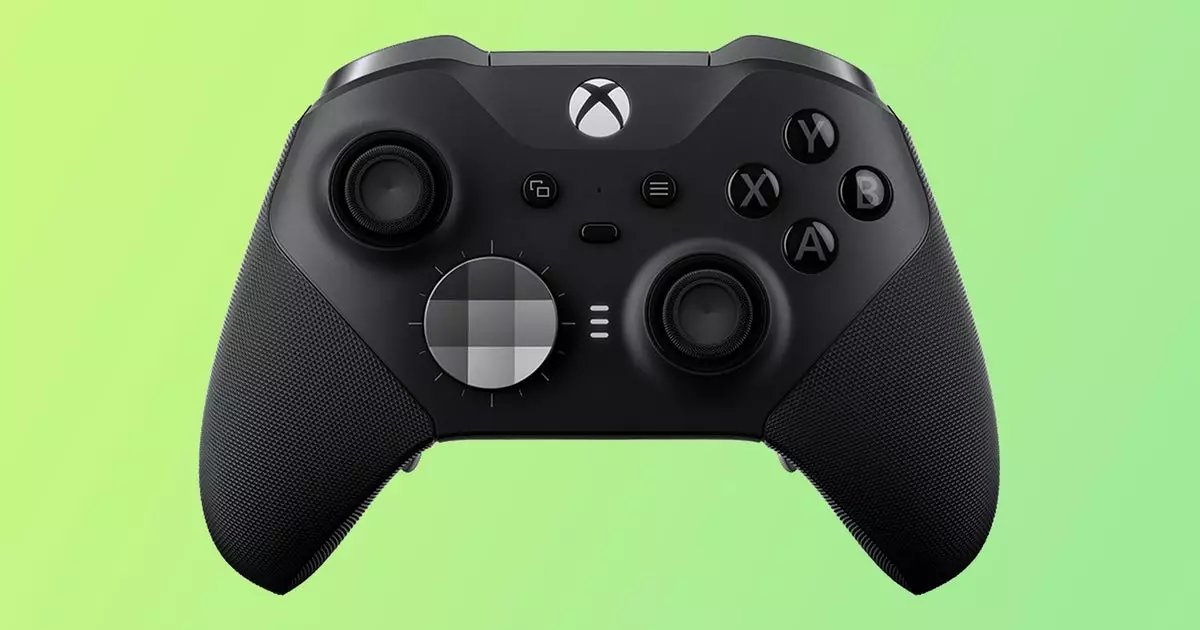In an era where social justice issues penetrate all aspects of life, including entertainment, the Boycott, Divestment, and Sanctions (BDS) movement has targeted Microsoft as part of its broader campaign against alleged complicity in human rights violations. This campaign has gained traction, especially among gamers who see the intertwining of technology, corporate responsibility, and geopolitical conflicts. The recent call for the cancellation of subscriptions to Microsoft’s Game Pass and the avoidance of Microsoft-owned titles like Minecraft and Call of Duty symbolizes a profoundly meaningful shift in how audiences engage with not only the products they consume but also the ethical implications behind them.
Unlike previous protests primarily focused on political or social media platforms, this boycott targets one of the most recognized players in the video game industry, highlighting the magnifying impact of corporate decisions in global politics. The allegations linking Microsoft to the Israeli military through its cloud technology have sparked fierce debate, raising the question: At what point do consumer choices reflect a deeper moral stance?
An Allegation of Corporate Complicity
The allegations against Microsoft are troubling and significant. It has been reported that the Israeli Defense Forces (IDF) utilized Microsoft’s Azure cloud services in military operations in Gaza. These operations have recently become a focal point of international concern due to the humanitarian crisis they precipitated. Investigations conducted by prominent media outlets, including a collaborative effort by the Guardian and several Israeli publications, suggest that Microsoft has not only provided administrative tools but also technologies that facilitate the on-ground military operations of the IDF.
This serious escalation in understanding Microsoft’s role reveals a disturbing intersection between technological advancements and military applications. Activists argue that when corporations such as Microsoft prioritize profit and partnerships over ethical considerations, they implicitly endorse or contribute to violations against vulnerable populations. They challenge consumers to reconsider their allegiance to brands that may undermine their values in the name of corporate interests.
Grassroots Activism: Former Employees Leading the Charge
Two notable former Microsoft employees, Abdo Mohamed and Hossam Nasr, have become pivotal figures in the BDS movement’s heightened call for boycott. Following their dismissal after organizing a vigil for victims of the violence in Gaza, their experience emphasizes the challenges that whistleblowers face within a corporation that prioritizes its image over accountability. Their activism underscores a broader narrative about how individuals can influence significant change from within corporate environments, even when faced with resistance from the institution itself.
Such grassroots involvement enriches the conversation by providing firsthand accounts of what it means to work for a corporation implicated in contentious international matters. The personal sacrifices made by individuals like Mohamed and Nasr demonstrate how committed some are to advocacy, prompting gamers and consumers alike to reconsider their support for companies that may be aligned with oppressive regimes.
Historical Context and Evolving Corporate Responsibility
Microsoft is not the first tech giant to come under scrutiny for its relationships with military organizations. Past controversies, such as its stake in AnyVision—an Israeli company accused of deploying facial recognition technology at checkpoints—paint a picture of a tech industry continually grappling with the ethics of its contributions to security and surveillance. The eventual divestment from such ventures marked a pivotal shift in Microsoft’s approach to corporate responsibility, yet current allegations suggest the company has not fully severed its ties to practices that many activists view as complicit in human rights abuses.
The evolution of consumer awareness and activism places a higher demand on companies to not just avoid unethical practices but to actively pursue socially responsible actions. This shift has implications beyond just one company or industry—it serves as a loud reminder that tech giants wield immense power and influence, and with that comes a profound responsibility.
Games, Culture, and Activism: A New Frontier
The intersection of gaming and activism reflects a broader cultural phenomenon where younger generations are increasingly vocal about the ethical implications of their entertainment choices. The BDS movement’s targeting of Microsoft’s gaming properties not only signals discontent with corporate behavior, but also illustrates how gamers view their identities intertwined with social justice issues.
As video games become more than just a form of entertainment, they embody the values and struggles of their players. By participating in a boycott, gamers are not just making a statement against a single corporation; they are asserting their agency in a landscape that often feels dominated by corporate interests. The call for a boycott serves as a litmus test for how deeply consumers are willing to engage with the integrity of the brands they support and the broader implications of their purchasing decisions.

